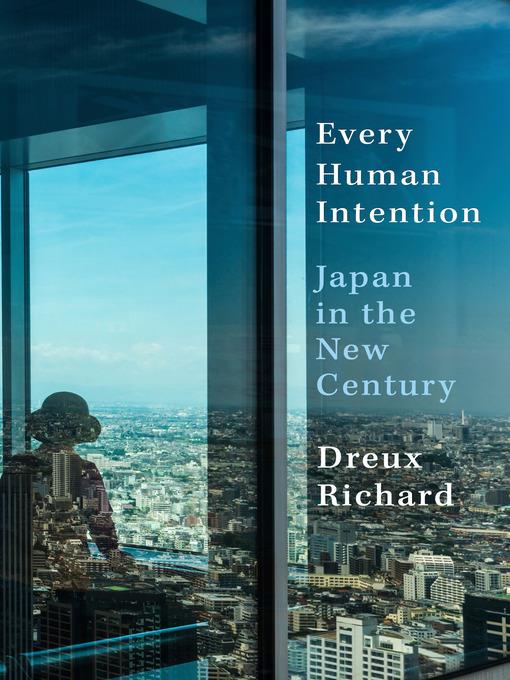
Every Human Intention
Japan in the New Century
کتاب های مرتبط
- اطلاعات
- نقد و بررسی
- دیدگاه کاربران
نقد و بررسی

December 1, 2020
Outside the latest season of Terrace House on Netflix, North America's access to stories from inside Japan can often feel stuck in the past. Richard attempts to close this gap with his first collection of essays that look at events in post-Fukushima Japan. The lengthy collection dives into three important policy matters often ignored by the outside world: immigration, population decline, and the nuclear industry. In the first third of the book, Richard follows Nigerian immigrants through the restrictive visa system. He then travels north to explore the dying cities in the sparsely populated island of Hokkaido. The book ends with an extremely detailed expos� on the politics behind Japan Atomic Power Company's safety record. While the book presents a Japan that few foreigners ever see, the drama of Nigerian men managing two families on different continents gives way to what amounts to a forensics report on the politics and management of post-Fukushima power plants. VERDICT The subject matter provides a rare view into Japan, but the lack of transitions makes the three sections feel isolated, and the last section of the book will only appeal to those who want exhaustive reporting on Japan's nuclear power industry. Purchase where there is interest.--John Rodzvilla, Emerson Coll., Boston
Copyright 2020 Library Journal, LLC Used with permission.

January 15, 2021
A portrait of a contemporary Japanese society beset by problems. American journalist Richard, who covered Japan's African community for the Japan Times from 2011 to 2016, offers a penetrating look at contemporary Japanese society focused on three areas: the plight of Nigerian immigrants; the nation's response to population decline, as represented by the northernmost town of Wakkanai; and efforts to regulate the nuclear energy industry after the 2011 Fukushima disaster. In each section, the author creates animated portraits of several individuals who serve to illuminate these issues, advising readers that he often depicts people and events as if "in a work of literature." Among Nigerian immigrants, Richard focuses on Prosper Anyalechi, who arrived in Japan in 1991 in the first wave of Nigerian migration. He was typical of others who came from "a middle-class upbringing, membership in an ethnicity that lived in the southeast or south-central part of the country (former Biafra)," and, because they had some vocational training, "believed that they could earn enough money in a year or two to capitalize a small business in Nigeria, where they assumed they would return." Although Prosper found Japan relatively easy to enter legally, it proved much more difficult than he anticipated to earn a living. Richard chronicles Prosper's frustrations in fitting into and succeeding in his host country. Japanese culture, writes the author, "is rarely comfortable with immigrants." Conservatives and liberals alike agree that Japan's immigration system is broken. Based on Richard's diligent reporting, it appears that the economy is also broken. In Wakkanai, Richard found a community that had been declining for decades because of deindustrialization and the collapse of the crabbing industry, among other reasons. Efforts to repopulate the area have repeatedly failed. Inertia, too, characterizes the nuclear energy industry, where Richard found that "research institutions and corporate patrons...conspired to maintain industry control of nuclear safety," leading to deception and mismanagement. An eye-opening, unique look at a bleak set of circumstances in a troubled nation.
COPYRIGHT(2021) Kirkus Reviews, ALL RIGHTS RESERVED.

























دیدگاه کاربران